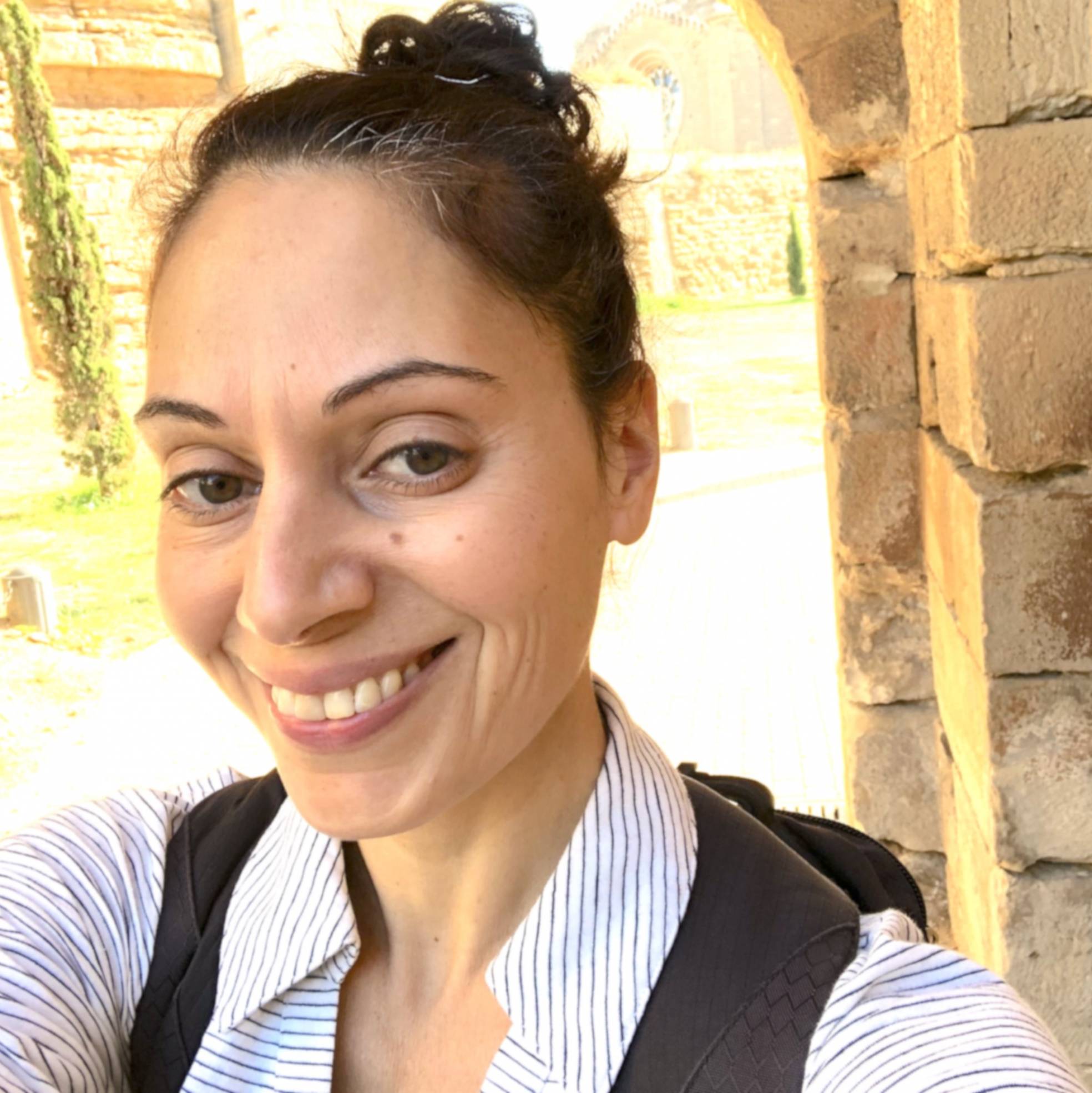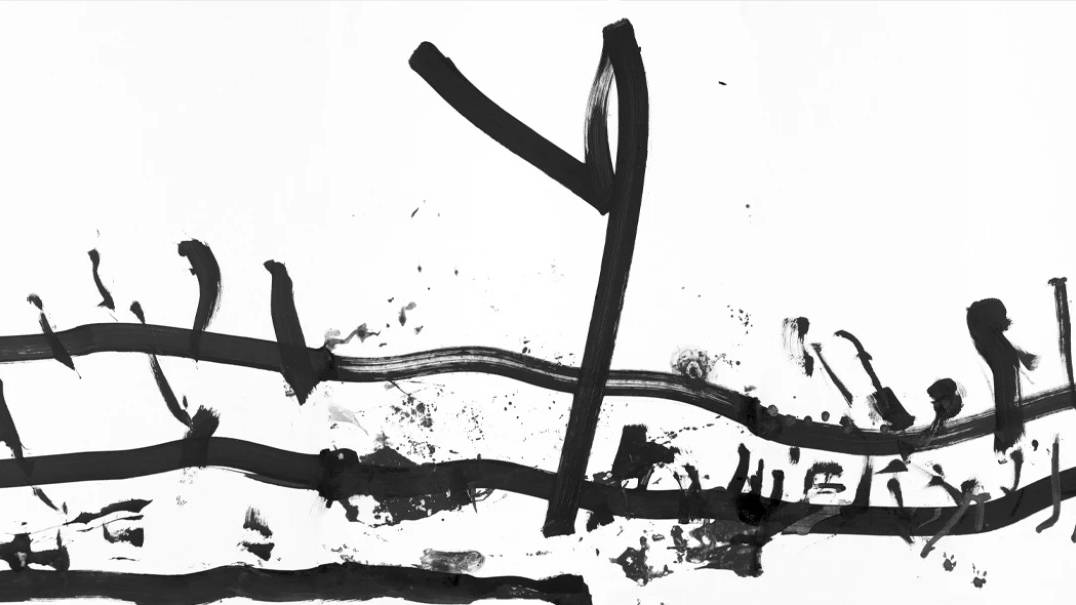CRÍTIQUES

VALORACIÓ
8
Apocalyptic infertility meets killer instinct
Publicat el: 26 de desembre de 2023
CRÍTiCA: Yerma. Juan Carlos Martel
The unborn or the un-lived life taunts Yerma in this classic adaptation of Federico Garcia Lorca’s 1934 play, the second of a trilogy of rural tragedies by the iconic Andalusian playwright. Bracketed by Blood Wedding (1933) and The House of Bernarda Alba (1936), Yerma is also set in Spain’s rural south, where Lorca himself grew up the son of a prosperous landowner.
Directed by Juan Carlos Martel Bayod, with good English surtitles provided on Saturdays, the scenography by Frederic Amat looks like a huge curtained cradle on scorched patchy ground. María Hervás plays Yerma as a fraught visibly-wilting heroine, trapped like an eternal child amidst blossoming village mothers. While as a girl she liked shepherd Victor (David Menéndez), she instead married Juan (Pep Ambròs), who her father liked more. But as the years roll by and Yerma remains childless, she comes to believe that she has been cursed by her name – the feminine version of “yermo” means “barren” in Spanish – as well as lumbered with a husband more interested in cultivating crops than in ‘giving’ her a child.
Lorca’s obsession with surrealism informed his strange stylised dramas, written in “dispassionate, densely metaphorical verse” peppered with rural dialect and with interludes of song and dance. His desire was to rebel against the norms of bourgeois Spanish society, with its predilection for naturalism, theatre that claimed to replicate reality. Yerma has been called as much a poem as a play, and Lorca himself claimed that he didn’t really know what it was about. It has been interpreted as both a metaphor for Spain and a psychological portrait of an individual.
The first Spanish performance of Yerma in 1934 featured Molins own Margarita Xirgu. Two years later the playwright was shot dead by a firing squad (and Xirgu fled to America). All Lorca’s works were banned in Spain for two decades, and then witnessed a revival in the 1960s, when in translation they became of interest to the Beat Generation. In 1972, Argentine theatre director Victor García staged Yerma on a canvas trampoline that symbolically became desert, mountain or empty womb. More recent productions update the action to modern times and place the protagonist in a contemporary wrestle to conceive (IVF included). These Yermas are successful city dwellers with jobs: a 2016 English/Australian staging recast Yerma as a lifestyle journalist and blogger, and a 2021 Basque production saw her “at the peak of her career as a sculptor”!
The metaphorical power of Lorca’s austere classic is possibly less evident in these interpretations. Not so in this version which grips onto such traditionally opaque and intriguing qualities. Up for debate, however, is always the source of Yerma’s tragedy. Lorca’s rejection of Christianity and the Church surely problematises the concept of so-called ‘maternal instinct’ frustrated by repression… Perhaps the sterile land becomes a more potent image, especially in times of drought, and in a world where there are too many mouths to feed. An ash-strewn stage suggests tragedy of global proportions: as Juan toils interminably in the fields, nature, with nothing more to give, is beaten dry.
CRÍTIQUES RELACIONADES / Yerma. Juan Carlos Martel
TÍTOL CRÍTiCA: L’efecte del “hate” en un drama rural
PER: Judit Martínez Gili

VALORACiÓ
8
TÍTOL CRÍTiCA: La Yerma del visillo
PER: Manuel Pérez i Muñoz

VALORACiÓ
6
TÍTOL CRÍTiCA: Nana del verí de la frustració
PER: Ramon Oliver

VALORACiÓ
8
TÍTOL CRÍTiCA: Aigua, terra, aire i foc: Yerma destil·lada
PER: Jordi Bordes

VALORACiÓ
8
TÍTOL CRÍTiCA: Hablar en lorquiano
PER: Gabriel Sevilla

VALORACiÓ
7
TÍTOL CRÍTiCA: La dona que no es vol sotmetre
PER: Pep Vila

VALORACiÓ
7
TÍTOL CRÍTiCA: Una Yerma orgànica que remou els sentits
PER: Andreu Sotorra

VALORACiÓ
10

